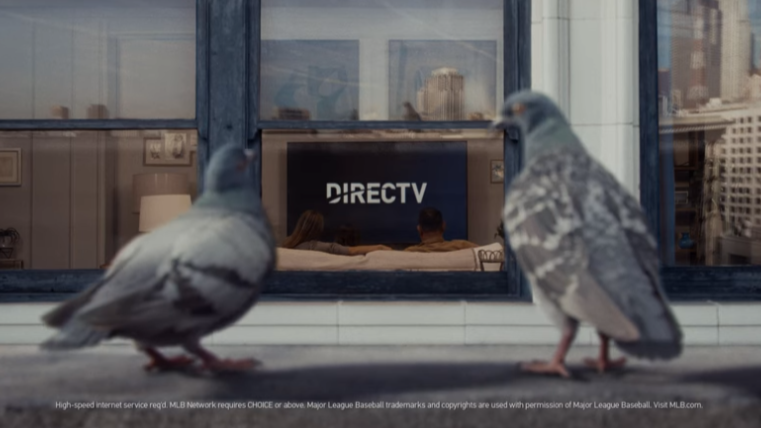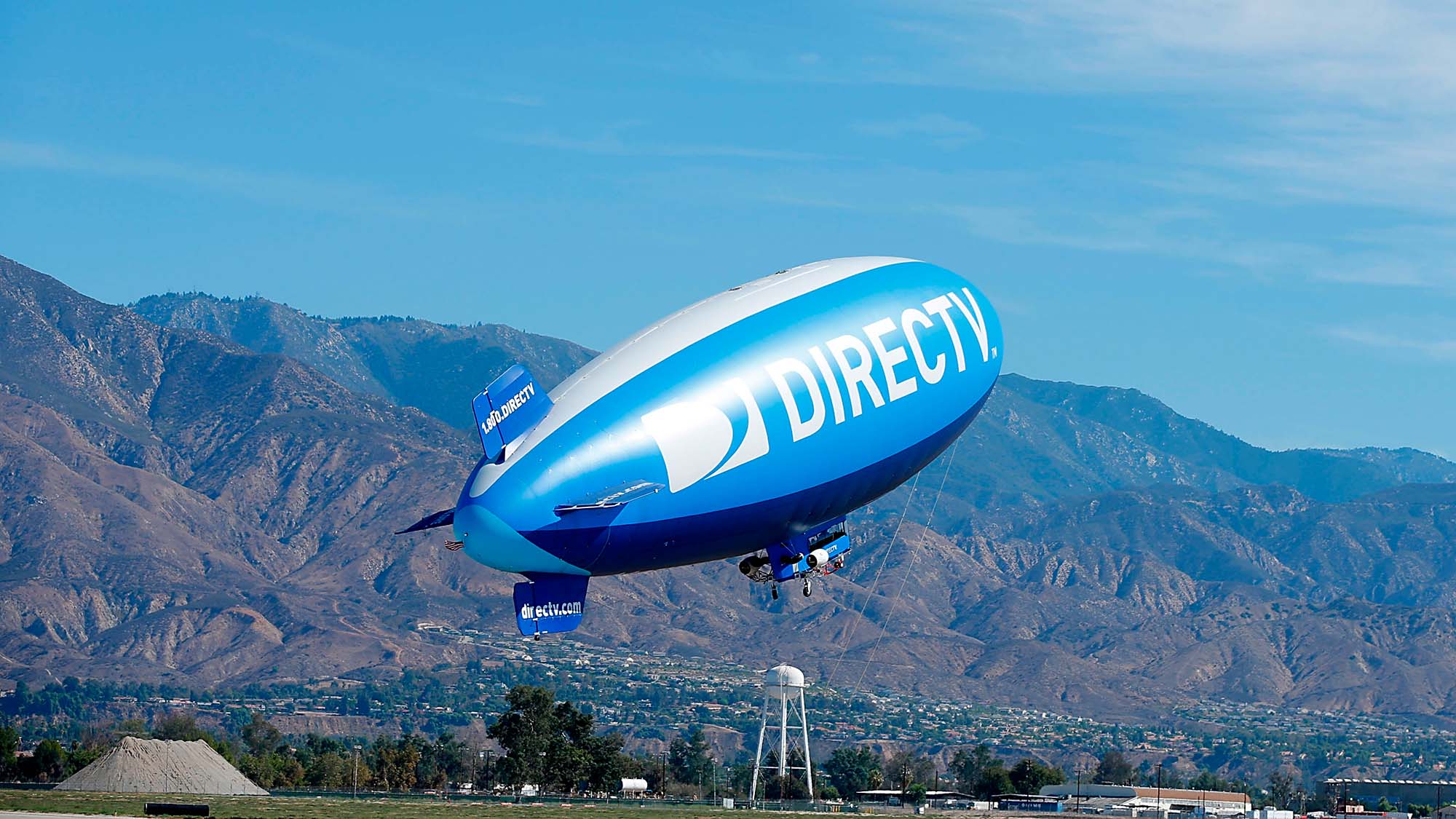
There are better days ahead for DirecTV, according to Michael Wittrock, the company’s chief operating officer.
“I think this company can produce a lot more value both in cash for shareholders and also for customers outside of AT&T as a divestiture entity,” Wittrock told Broadcasting+Cable.
AT&T, which bought DirecTV for $49.5 billion in 2015, spun it off in 2021 in a deal that valued the company at $15 billion.
Also Read: DirecTV Turns 30: Colorful History, Questions About The Future
Can DirecTV, marking its 30th anniversary, reverse its decline in subscribers and grow? “I believe it can, for DirecTV and I think it can be for the industry under the right circumstances,” Wittrock said. “It’s got to be a model that can work for the whole value chain."
As consumers have cut the cord and shifted from pay TV to streaming, satellite companies have been among the hardest hit.
Also Read: DirecTV Lost 1.8 Million Subscribers in 2023, Analyst Estimates
One way DirecTV can stop bleeding customers is by getting itself more into the streaming game.
Its current marketing campaign features pigeons stunned to observe that viewers can get DirecTV without a satellite dish.

“We’re trying to message to customers that we're not just satellite anymore. We have a robust set of streaming options for them,” Wittrock said. “We still have a ways to go. We’re not where we want to be.”
The company has also been trying to bring the luster back to the DirecTV brand lost since it was spun off by AT&T in 2021.
Wittrock points to metrics showing that since the AT&T divestiture, customer service has improved and it share of gross subscriber adds in the industry has grown.
It has also been returning more profit than expected to AT&T, which still holds a 70% stake in DirecTV. In the second quarter, AT&T reported $300 million in net income from its share of DirecTV’s earnings.
But the real trick is solving the problem that the streaming era has presented to consumers, Wittrock said.
Consumers can either pay twice for content by shelling out for both pay TV and subscription services. Or they can cut the cord and trying to figure out how to find — and pay for — the content they want to watch.
Wittrock said DirecTV is uniquely positioned to solve those difficulties for consumers.
“I think we’re one of the only ones focused on fixing the problem for consumers when it comes to the entertainment experience,” he said.
“We’re back to being a pure-play focused pay TV distributor, one of the only ones with a nationwide footprint with a brand that screams out to customers, and we’re trying to do the same thing we did in 1994 and use content, service and technology to be the one place that consumers can relay on to come to for all the sports, news, movies and shows that their family knows and loves,” he said.
Veteran cable and satellite analyst Craig Moffett of MoffettNathanson thinks DirecTV is making the right moves, but isn’t sure it has much of a future.
“They’ve done pretty well with reducing their costs,“ Moffett said. “They’re clear-eyed about their business.”
While adding a streaming platform will help DirecTV monetize what is still an attractive brand name, “the business is what it is. The goal is to run it as profitably as possible for as long as possible,” Moffett said.

Wittrock acknowledged DirecTV will need capital to achieve a turnaround.
“I think our investment into our strategy and our product road map is has been really has been aggressive and it's been very surgical since divestiture almost three years ago,” he said.
DirecTV is no longer losing $1 billion a year on NFL Sunday Ticket, once its signature and exclusive product.
“We were able to take some of the money that was being wasted on the NFL and apply it toward our product road map and the future of our business,” he said.
Programmer Problems
DirecTV will also need the cooperation of programmers. Those programmers have caused a lot of the problems facing the pay TV industry by jumping into streaming, which has resulted in billions of dollars of losses and a shift of attractive content away from linear networks and the distributors that carry them.
To rebuild customer value, “we’re going to need everybody’s help,” Wittrock said.
Programmers have to agree to let DirecTV and other distributors offer more modular packages of channels as an alternative to the current bloated bundles that are too expensive and are watered down with little-watched networks.
The types of deals recently reached by Charter Communications with Paramount Global, which gives Charter subscribers access to Paramount Plus at no additional cost, and with Disney, which also provides customers with Disney Plus and eliminates some of Disney’s long-tail networks is a good start.
DirecTV would have done a similar deal had its current agreements with Disney or Paramount been about to expire.
“I think we could have gotten something similar done because that’s absolutely our strategy,” Wittrock said. “It was just not our turn at the table.”
The key to DirecTV’s strategy is “super aggregation,” or giving consumers all the content they want in one place and making it easy to find and watch, whether that’s on satellite or streaming, Wittrock said.
Already, DirecTV has one of the most reliable products in the industry. Without consumers knowing it, if there's a satellite outage, it has technology that moves that viewer to streaming, he said.
Traditional pay TV is going to have a longer shelf life than anybody thinks on its traditional distribution mediums, he added. Eventually, though, it will inevitably shift to streaming, Wittrock said.






